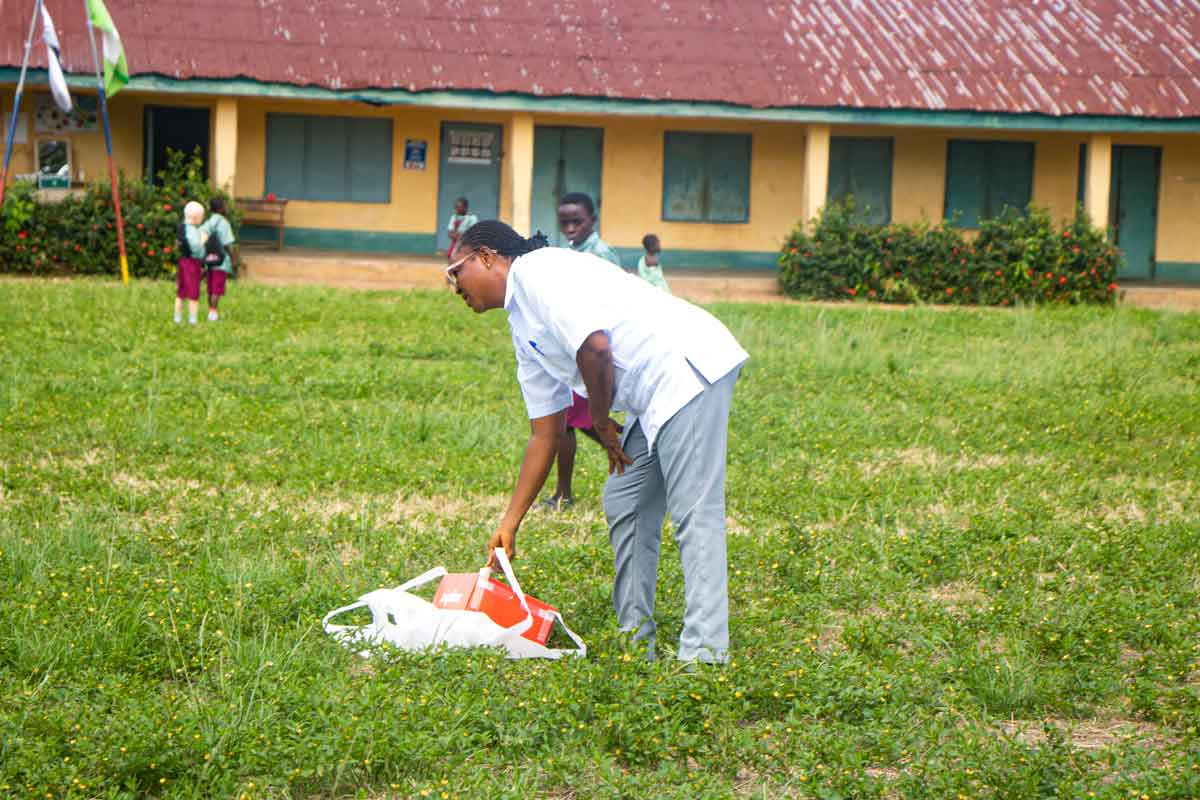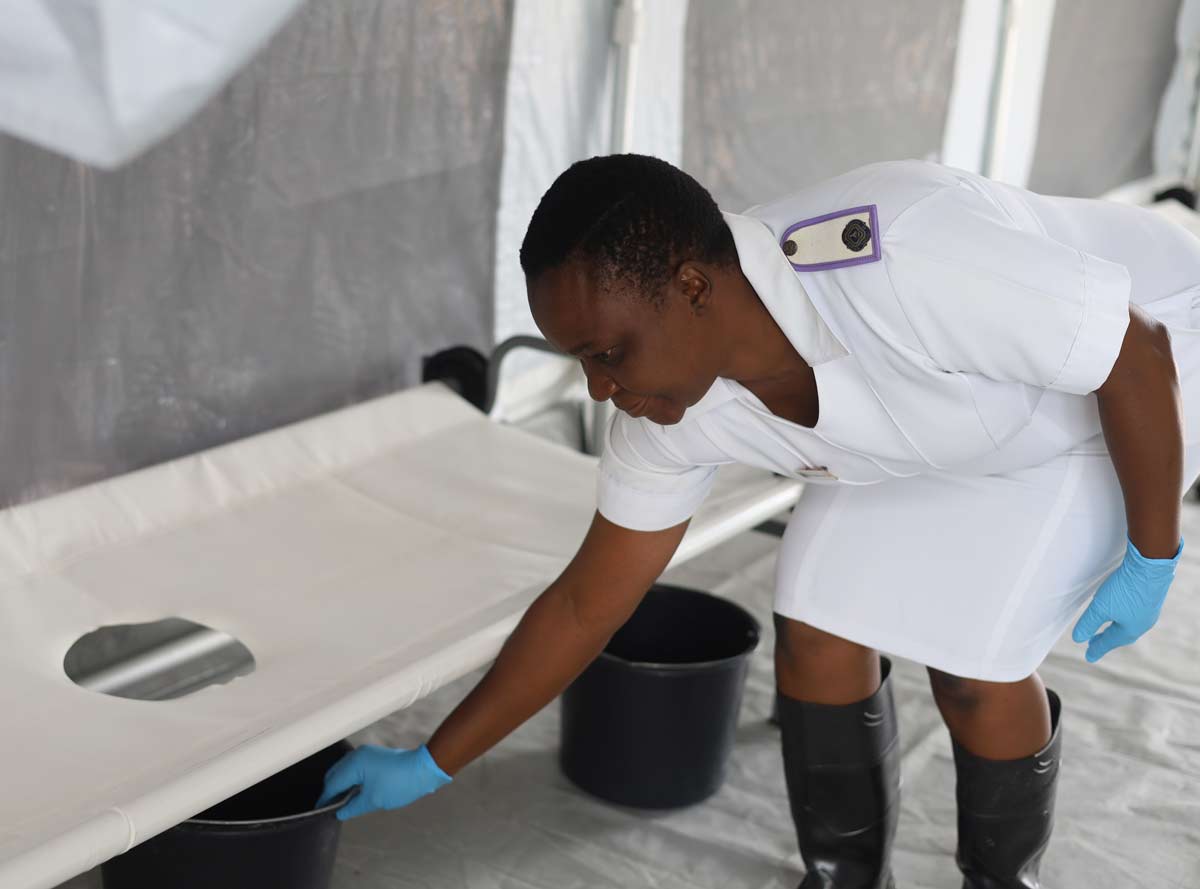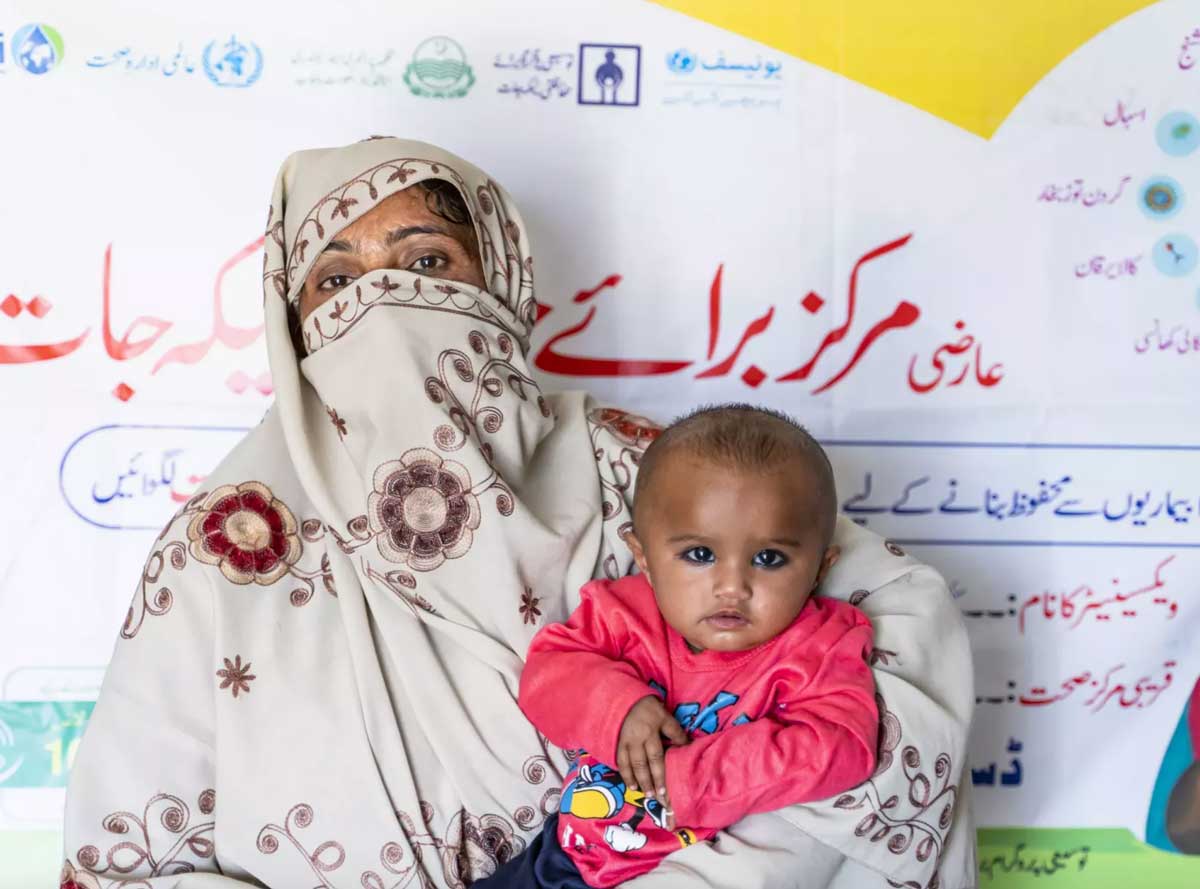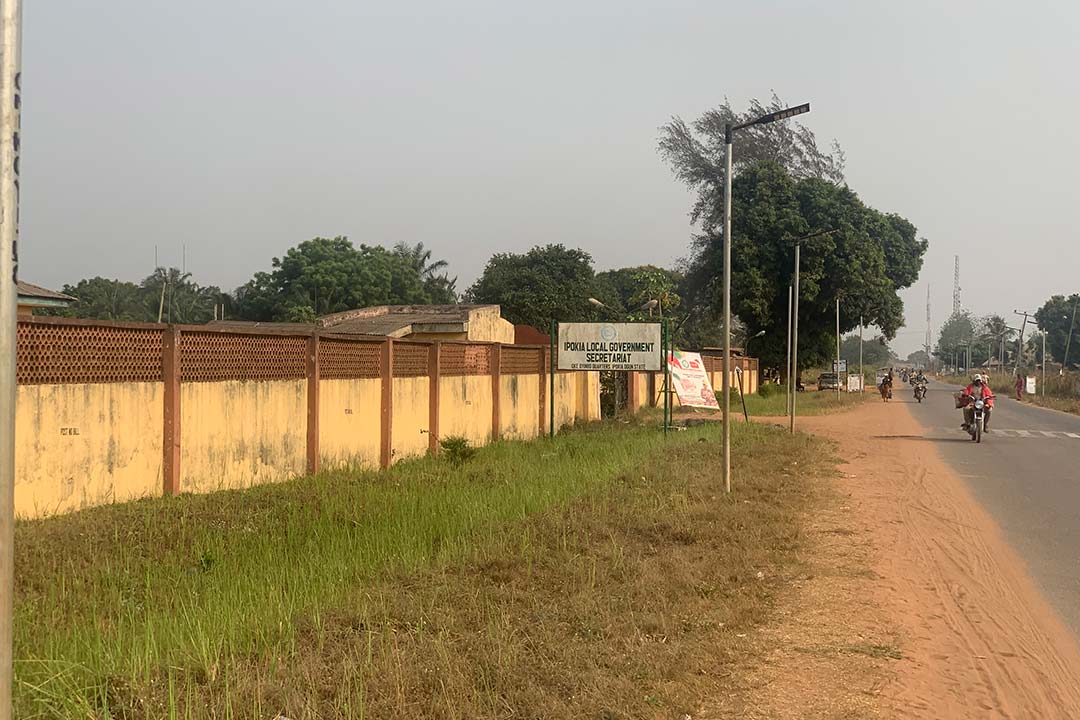"A wonderful development": in malaria-plagued northern Nigeria, the vaccine’s arrival brings joy
The emotional and financial distress of having a child down with malaria is regrettably familiar to residents of Kaura community in Kebbi state, who hope that’s set to change.
- 7 April 2025
- 8 min read
- by Jesusegun Alagbe
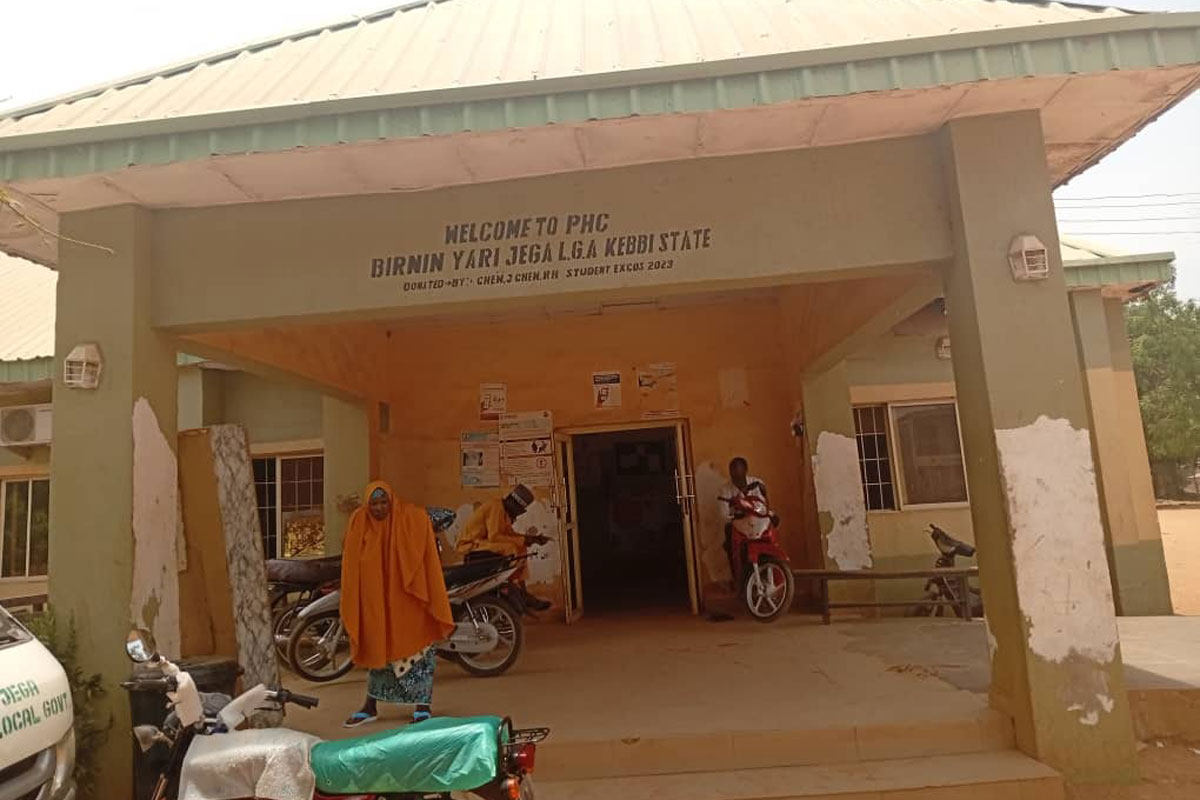
One of Ismail Jega’s biggest worries has been whenever one of his children has been knocked down with malaria. The illness, so common and so perilous, costs him both financially and mentally, he said.
“Malaria has had a significant impact on my family, particularly my children. We live in an area where malaria is rampant, and my children fall ill with the disease frequently, at least three times a year. It has been a constant worry for me as a parent,” said Jega, a farmer from Kaura, a community in Kebbi state’s Jega Local Government Area (LGA)
“One of the biggest challenges I face is the cost of treatment, which can be unaffordable. Sometimes, when I’m financially constrained, I’ve had to borrow money from my neighbours to pay for hospital treatment.”
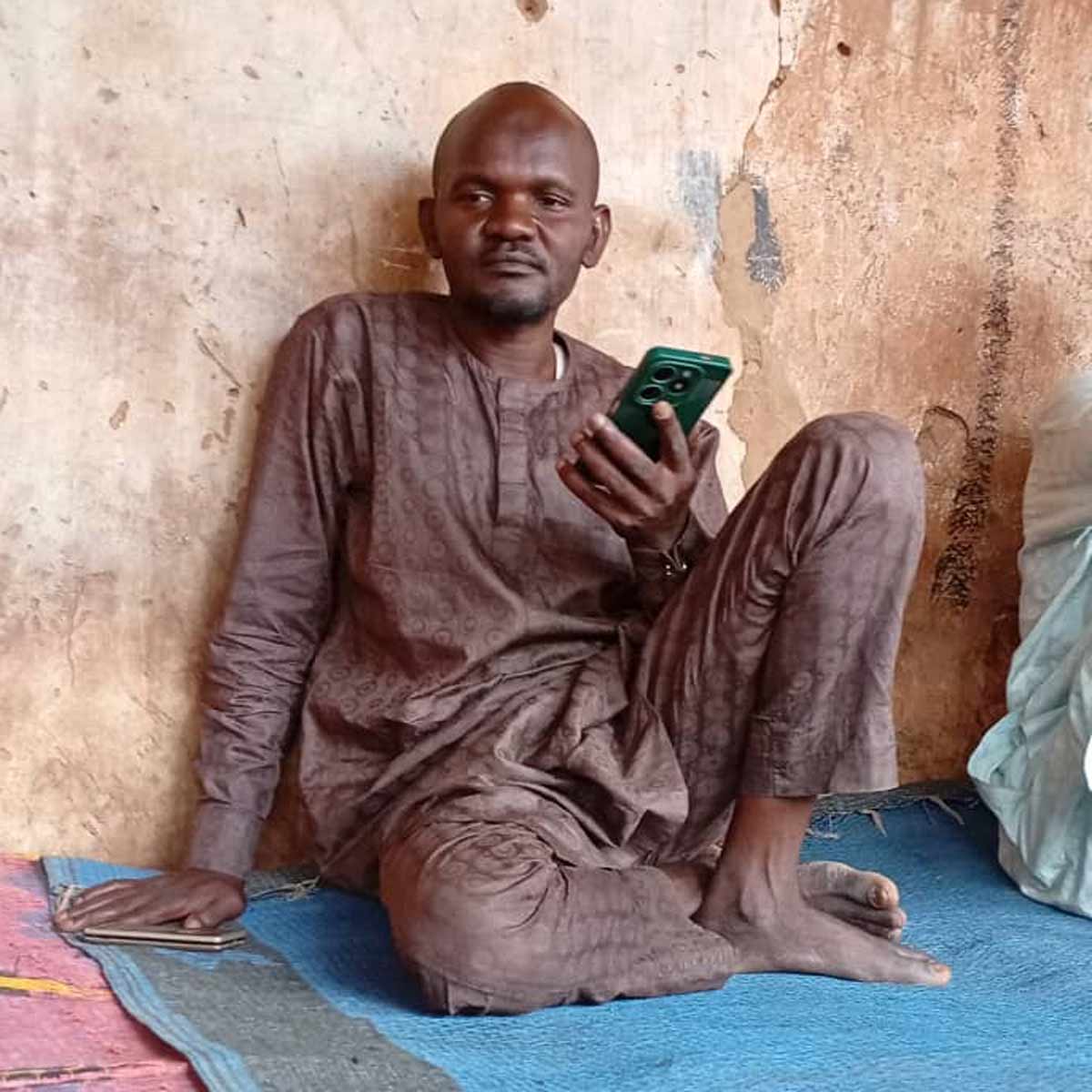
Malaria’s toll
Bordering both Benin and Niger in Nigeria’s northwest, Kebbi has the highest malaria prevalence in the country at 49% of children under five, and the highest mortality rate.
The state’s high malaria prevalence has been linked to several factors, particularly its large-scale rice cultivation. Rice farming requires stagnant water, which is a perfect breeding ground for mosquitoes, as Michael Adekunle Charles, chief of RBM Partnership to End Malaria, a partnership of over 500 global organisations dedicated to fighting the disease, told SciDev.Net recently.
Nigeria, meanwhile, has the highest absolute malaria burden in the world, accounting for 39.3% of global malaria deaths in children under five years in 2023. And while the country’s annual malaria death toll has declined over the past five years, the case count has risen, with 1.4 million more malaria infections reported in 2023 than in 2022.
Unaffordable care
A huge portion of the population in Kebbi State aren’t just financially poor, but experience poverty much more broadly – so-called ‘multidimensional poverty’.
According to data from Nigeria’s National Bureau of Statistics, while the country’s child multidimensional poverty incidence is higher than 50% across all 36 states, it tops 95% in Kebbi.
Poverty complicates access to healthcare. Many residents of Kaura in Kebbi State report themselves unable to afford proper medical attention for their malaria-stricken children and say their go-to solution has been to apply to sellers of traditional herbal concoctions.
“I used to patronise them whenever there was no money to go to the hospital for malaria treatment for any of my children. But recently, I was made aware that herbal mixtures are not effective in treating malaria and could even be harmful. I’ve learned that malaria requires medical treatment, and I advise others to seek medical attention if their children are showing malaria symptoms,” Jega, the farmer, said.
A moment of relief
Jega’s revelation about the risks of herbal malaria remedies came as part of the campaign surrounding the inauguration of Nigeria’s malaria vaccination programme.
Introduced in Bayelsa and Kebbi states, and by extension to the primary healthcare centre in Jega local government headquarters, in December 2024, the arrival of the malaria vaccine has brought great relief and joy in Kaura.
“The vaccine is a welcome idea, especially at this moment. Anything that can help prevent malaria in our community is welcome. I believe the vaccine will be effective, from what I’ve learned from previous vaccines. I’m hopeful that it will make a significant difference in our community by reducing the risk of malaria,” said Jega, whose youngest children have received their first doses.
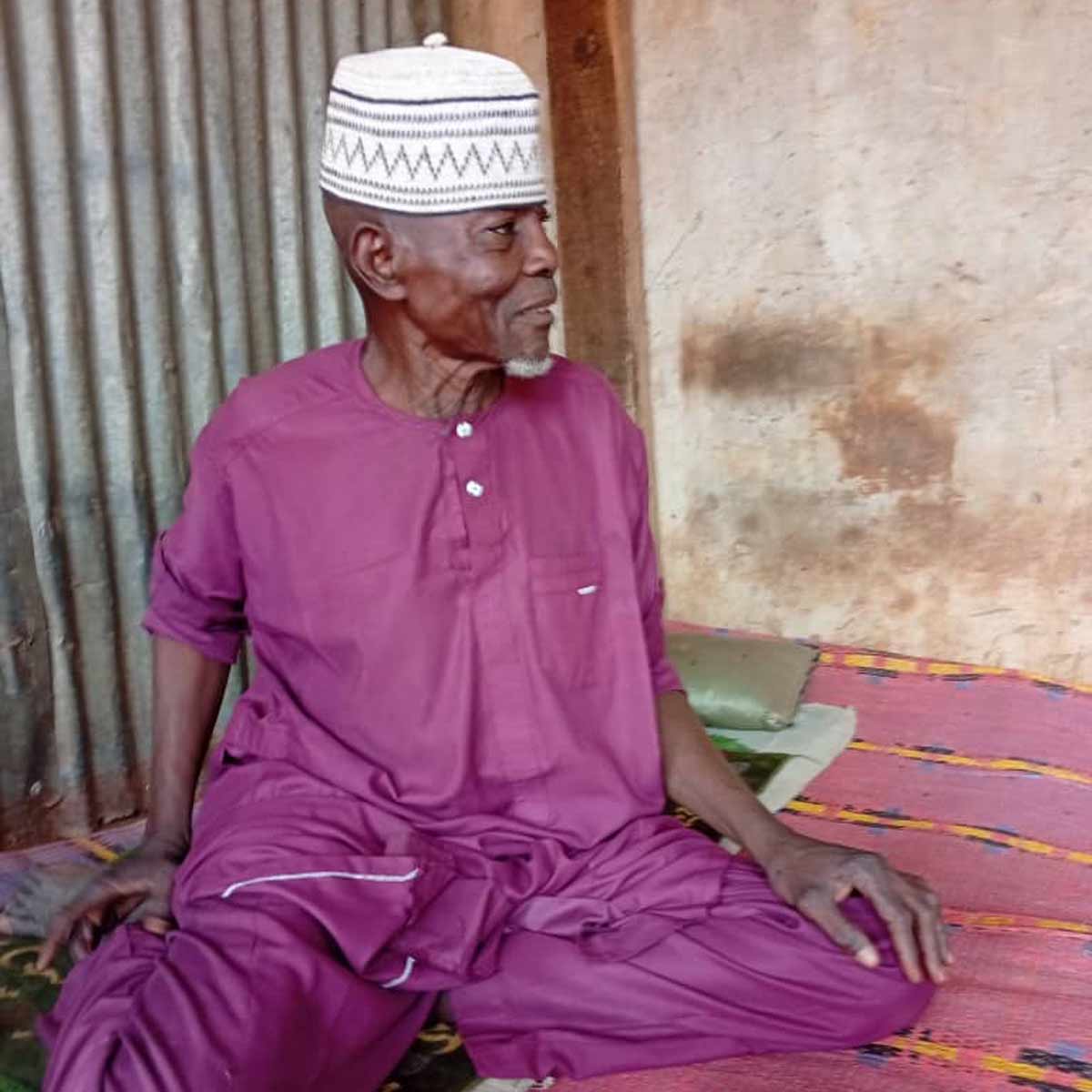
Dan Isa, who also lamented how frequent malaria episodes among his children drain his family financially, said the constant anxiety he had lived with of his children might die from malaria has eased.
“Malaria has been a recurring problem among my children, and this has affected their health, education and overall well-being. Each of my children falls sick with malaria at least five times a year, and I’ve had to take them to the hospital frequently. One of the biggest problems is having to wait for hours to see a doctor. Additionally, the cost of treatment can be very expensive.
“The malaria vaccine is a wonderful development, and it feels like a miracle. I can do anything to prevent malaria in my children. I think word has not spread much about the malaria vaccine, but when the message becomes widespread, I believe it will make a significant difference in our community,” Isa said.
Changing behaviour
Aisha Haruna, a mother of five, says learning of the malaria vaccination campaign has brought her “joy” and “excitement”.
“My children fall sick with malaria at least three times a year, and one of the biggest issues we face is accessing quality healthcare quickly. The nearest hospital is far from our home, and sometimes we have to wait for hours to see a doctor.
“Thankfully, I’ve just recently heard about the malaria vaccine from my neighbour. I was told that the vaccine is administered in different doses, and it works by building immunity against the malaria parasite. I don’t have any concerns about the vaccine. I’m willing to vaccinate my children as soon as possible,” she said.
Like Jega, Haruna admitted she has resorted to buying herbal mixtures to treat malaria among her children in the past, because of difficulty in accessing formal healthcare.
“But that has stopped now. After all, the mixtures hardly work, and we don’t usually know whether the sellers are qualified and competent to mix herbs,” she said.
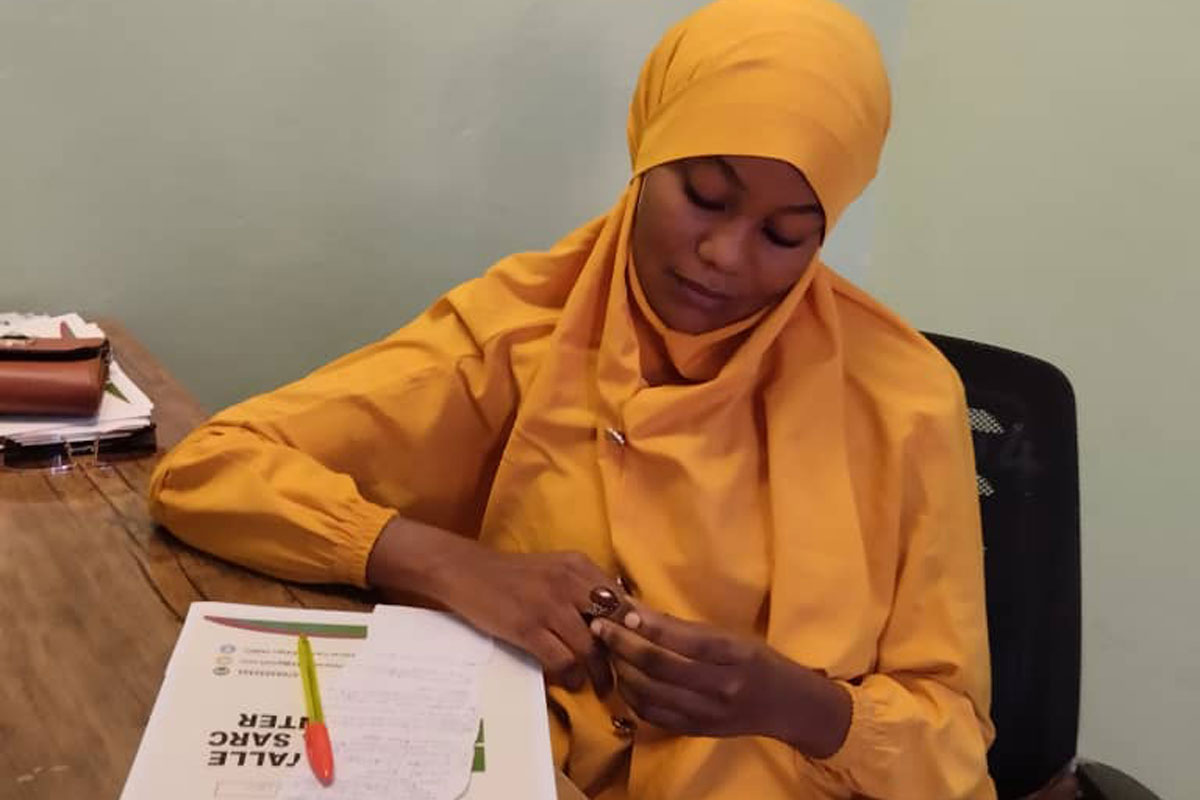
Stepping up to make the vaccine work
Ahmad Muhammad Sani, a public health expert in Kebbi State, believes the malaria vaccine will help significantly lower malaria morbidity and mortality in the state, especially when combined with existing preventive measures like the use of insecticide-treated mosquito nets and indoor insecticide spraying.
Sani also encouraged parents to complete the four doses of the vaccine to best shield their children against malaria.
“Some possible challenges relating to the effectiveness of the vaccine in this region include factors like high malaria transmission rate. Hence, full vaccination coverage is crucial. Parents should be aware that incomplete doses of the vaccine offer partial protection,” he said.
Sani expressed concerns about delivering the vaccine to the remotest parts of the state, a factor that could set back the fight against malaria. “In Kebbi State, we lack adequate logistical means to deliver the vaccine to difficult terrains. We also lack a high-quality cold chain and sufficient healthcare facilities. These will deny many children access to this crucial vaccine.
“However, I believe strong government and community efforts can solve these problems. Also, I strongly believe the involvement of religious and community leaders will be extremely crucial for the acceptance of the vaccine,” he noted.
Dr Mu’awuya Sa’idu, a medical doctor and the coordinator at the Birnin Yari healthcare facility in Jega local government headquarters, said that malaria accounts for a substantial proportion of outpatient visits and hospital admissions, especially among children at the clinic.
“The malaria vaccine has the potential to significantly reduce malaria cases and deaths by providing immunity against the disease, especially among our children. The vaccine is a breakthrough.
“Meanwhile, parents need to know that the vaccine provides partial protection against malaria if doses are not completed. It requires multiple doses, four doses administered over several months,” he said.

Dr Sa’idu does anticipate logistical challenges however – including ensuring that the vaccine is stored and transported at the correct temperature to maintain its potency. Reaching the rural areas may pose difficulties due to poor road infrastructure, he warned.
“Nevertheless, based on the vaccine’s efficacy and coverage, I expect to see a significant reduction in malaria cases among the children,” he said.
He added that health workers have used the opportunity of the vaccination campaign to warn parents against the use of herbal mixtures to treat malaria. “The concoctions can be ineffective, leading to delayed treatment and increased risk of complications and even death. More needs to be done to counter the widespread use of these concoctions,” he said.
Echoing this thought, Sani, the public health expert, said: “There are lots of dangers associated with the use of herbal mixtures as malaria treatment. It’s an unregulated market, and on several occasions, people who consumed such mixtures have been hospitalised or diagnosed with kidney or other internal organ ailments.”
The National Agency for Food and Drug Administration and Control (NAFDAC), as well as medical practitioners, have issued several warnings to the public to desist from the use of herbal preparations sold in open places across the country.
Have you read?
Spreading the word
Idris Umar, one of the district heads in Jega LGA, said as a community leader, he believes he has a critical role to play in encouraging the malaria vaccine uptake.
“Firstly, I will help raise awareness about the vaccine’s benefits and safety by sharing accurate information with community members. Secondly, I will mobilise my people to take action by encouraging them to get their children vaccinated. Also, I will work with healthcare providers to identify and address any barriers to vaccine access, such as transportation or cost. I strongly believe that more children will be able to go to school if they are free from malaria,” he said.
More from Jesusegun Alagbe
Recommended for you



